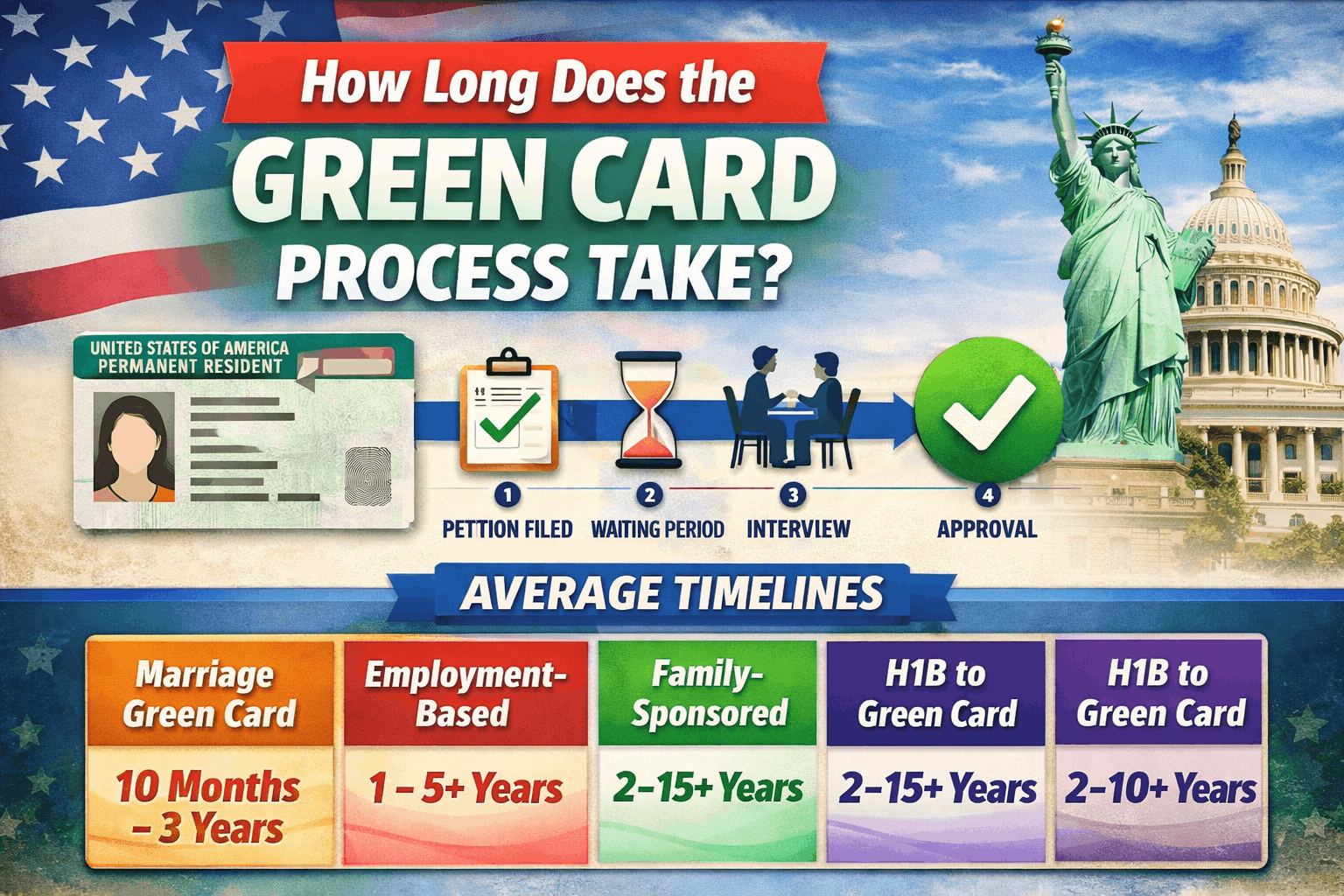|
Getting your Trinity Audio player ready... |
New Bill Targets Big Tech, Data Brokers, and Online Platforms
Key Highlights:
- USA unveils a comprehensive National Data Privacy Bill
- Mandatory user consent and stricter data deletion rights introduced
- Data brokers will face federal licensing and reporting requirements
- Enhanced protections for minors and AI-driven profiling
- Heavy penalties proposed for companies violating privacy standards
Washington, D.C., November 22, 2025:
The United States has introduced a landmark National Data Privacy Bill designed to regulate the way companies collect, store, and use consumer data. This marks one of the most significant federal privacy moves in decades, aiming to bring uniform protections across all 50 states and hold major tech firms to higher accountability standards.
The bill directly addresses long-standing concerns about unchecked data harvesting by advertisers, data brokers, and social media platforms. As digital dependency grows and AI-powered tracking becomes widespread, the US government has positioned this legislation as a critical step to rebuild public trust.
Bill Focuses on Transparency, User Rights, and Corporate Accountability
The new bill introduces strict guidelines for how organizations handle user data. Companies will now be required to clearly disclose:
- What data they collect
- How long it is stored
- How it is shared with third parties
- Whether it is used for AI-based profiling
- How users can request deletion or correction
The legislation mandates explicit opt-in consent, ending the practice of burying permissions within lengthy privacy policies. Firms must also provide a simple dashboard where users can manage data access and deletion requests.
With over 1,200 data broker companies operating in the US, the bill’s insistence on transparency is expected to reshape the entire digital advertising ecosystem.
National Licensing System for Data Brokers
One of the most notable components is the creation of a Federal Data Broker Registry, where all data brokerage companies must register to operate legally.
The registry will require:
- Annual audits
- Public reports on data handling
- Disclosure of purchased and sold data categories
- Justification for sensitive data usage
- Proof of user consent for collected datasets
Unauthorized data trading will result in immediate penalties, including suspension of operations and multi-million-dollar fines.
Lawmakers emphasized that the registry will provide citizens with greater visibility into how their information moves across industries.
Stronger Protections for Minors
The bill includes dedicated protections for children and teenagers, addressing rising concerns around targeted ads, behavioral tracking, and AI-driven profiling.
Key requirements include:
- No behavioral or personalized advertising for minors
- Mandatory parental consent for data collection
- Restrictions on storing biometric identifiers
- Immediate deletion of location history of users under 17
Platforms must also disable auto-personalization features for minors and ensure AI recommendation systems do not expose them to harmful or age-inappropriate content.
Limits on AI Profiling and Automated Decision Making
With AI models increasingly influencing credit scoring, insurance assessments, employment screening, and online experience, the bill introduces limits on automated decision-making systems.
Companies must:
- Inform users when AI profiling occurs
- Provide an option to opt out
- Offer manual review for critical decisions
- Maintain bias testing and documentation for AI models
The government noted that AI regulations will continue to evolve alongside this privacy bill, ensuring long-term protection as technologies advance.
Massive Penalties for Non-Compliance
The National Data Privacy Bill proposes significant financial and legal consequences for companies that violate consumer rights.
Potential penalties include:
- Fines up to 4 percent of global annual revenue
- Daily fines for non-compliance with deletion requests
- Criminal liability for intentional misuse of sensitive data
- Mandatory public disclosures of data breaches within 72 hours
These measures aim to force companies to prioritize user privacy at the design level rather than treating it as an afterthought.
Federal Policy to Replace Patchwork State Laws
Currently, several states including California, Colorado, Virginia, and Connecticut have enacted their own privacy laws. The new national bill aims to unify these scattered rules into one comprehensive framework, reducing confusion among consumers and companies.
Officials emphasized that the goal is to support innovation while creating an ecosystem where privacy is a fundamental right rather than a privilege.







